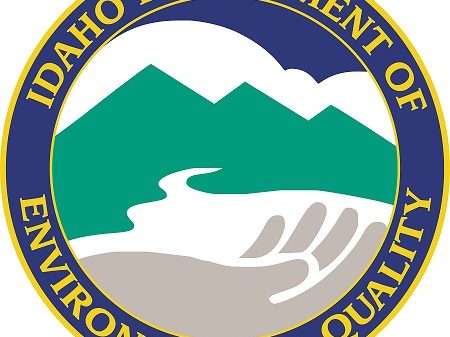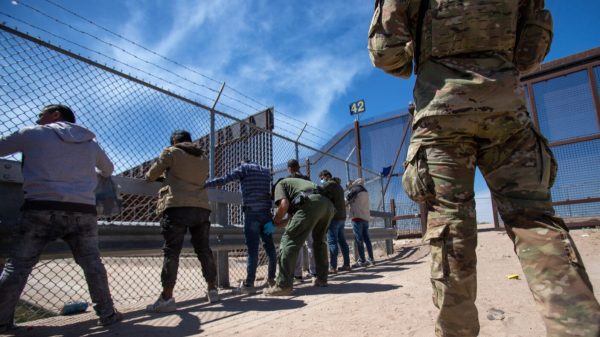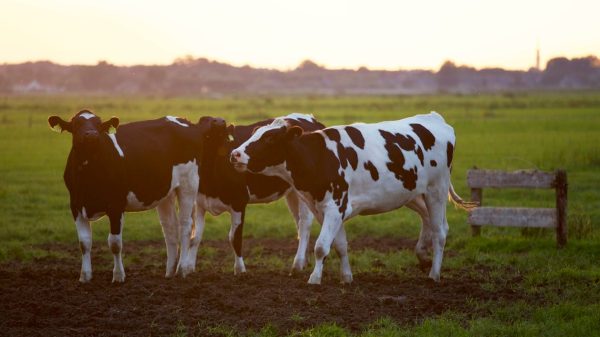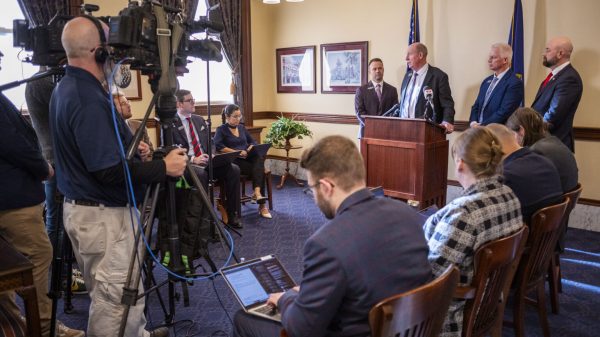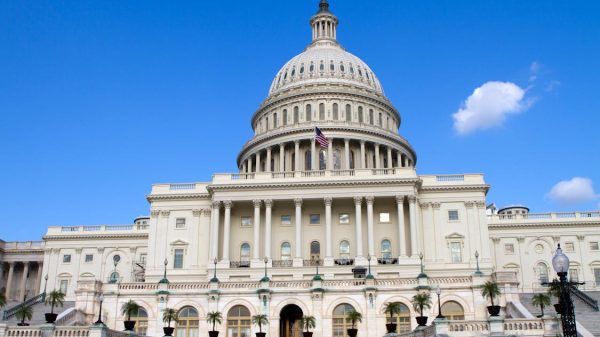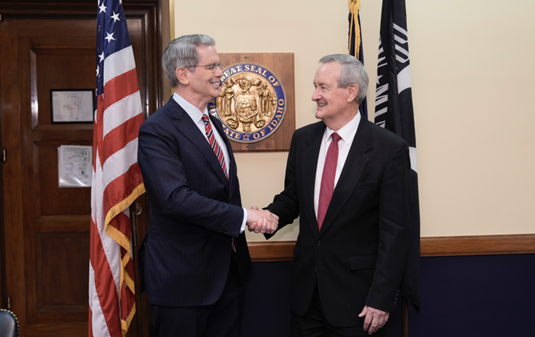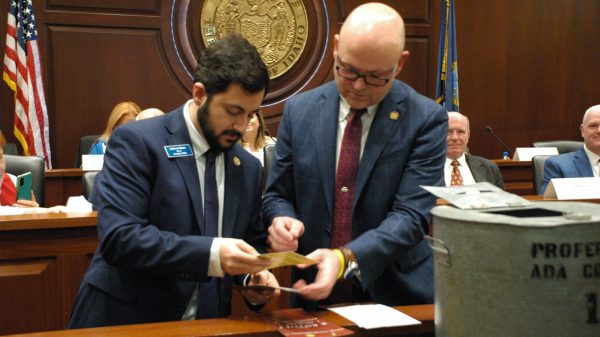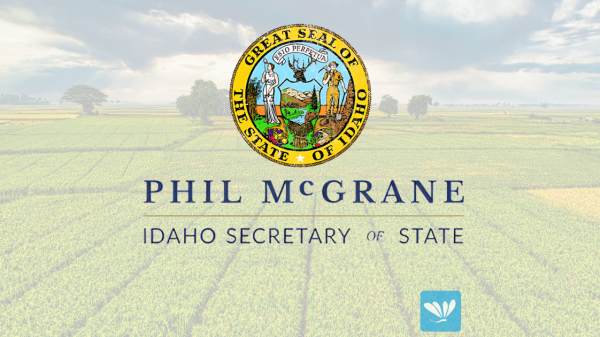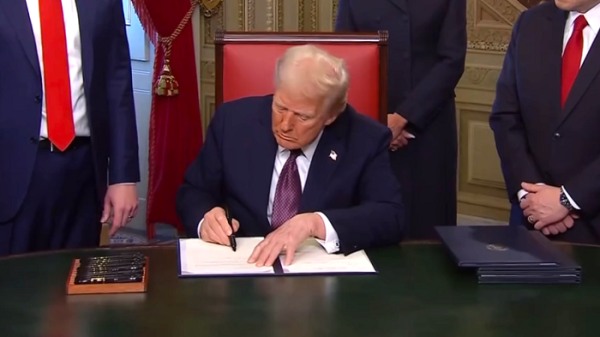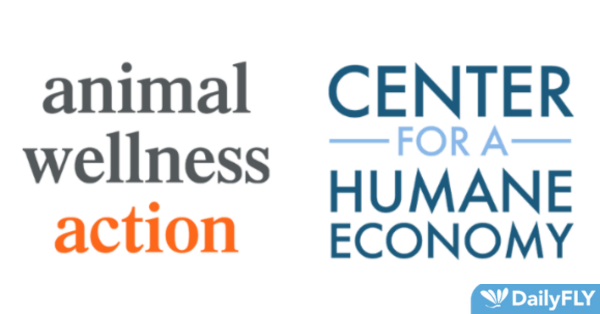(Washington, D.C.) – In one more example of the U.S. Fish and Wildlife Service’s failure to safeguard wolves from reckless assaults on them in major portions of their range, the Biden Administration announced that it has rejected two petitions to restore essential Endangered Species Act protections for wolves in Idaho, Montana, and Wyoming. The petitions, including one joined by Animal Wellness Action and the Center for a Humane Economy, came in response to series of extraordinary series of state legislative and management agency policy decisions to allow virtually unrestricted trapping and trophy hunting programs to reduce numbers of the animals to remnant levels.
“These states turned wolf haters loose to assault these animals with traps, guns, and packs of dogs, with one of the states allowing year-round killing and bounty programs,” said Wayne Pacelle, president of Animal Wellness Action and the Center for a Humane Economy. “These policies drip with pure animal hatred and recklessness, and if the Fish and Wildlife Service refuses to step in when this fact pattern arises, then I don’t know what could ever trigger protective actions from the federal wildlife agency to restrain an assault on wildlife by the states.”
Idaho allows year-round killing of wolves, bounty programs, the use of dogs in hunting the animals and nearly unlimited killing. It has stated its intention to kill up to 95 percent of the existing population, with the vast majority of animals living on national forests and other lands managed by the federal government.
With this new decision, Haaland has not only relinquished the fate of wolves to state governments that, time and again, have displayed open hatred of wolves and a willingness to allow for the nearly full eradication of the species within their borders, but has also clearly signaled that her earlier messaging on wolves was little more than empty rhetoric.
Secretary of the Interior Deb Haaland stated back in February 2022, “My Pueblo ancestors taught me to live with courage, respect our ecosystems and protect our families – the very same virtues that wolves embody. From our public lands to our vast oceans, and all the creatures that live within them, I will continue to work hard for our nation’s wildlife and its habitats, because we were meant to all coexist on this earth – the only place we all call home.”
Just two years ago, Secretary Haaland stated that our wolf populations are integral to ecosystems health and ‘hold significant cultural importance in our shared heritage.’ Both federal and state agencies have repeatedly recognized the important role that these apex predators play in a balanced and healthy environment. FWS’s ill-founded and reckless determination flies in the face of sound science, good policy and the law. We hope that the courts will do what they have so many times in the past when the federal government has attempted to ignore its duty to protect North America’s wolf populations and force the Agency to act.
There are only perhaps 6,000 wolves across their range across hundreds of millions of acres from the Upper Great Lakes to the Pacific Coast – fewer animals than there are in what we’d consider to be a single small town. Wolves are documented to exert a beneficial impact on prey populations by selectively targeting deer and other cervids infected by Chronic Wasting Disease. They also reduce deer-auto collisions and impacts on forestry. They have beneficial effects on a wide range of species up and down ecological systems.
ABOUT
Animal Wellness Action is a Washington, D.C.-based 501(c)(4) whose mission is to help animals by promoting laws and regulations at federal, state and local levels that forbid cruelty to all animals. The group also works to enforce existing anti-cruelty and wildlife protection laws. Animal Wellness Action believes helping animals helps us all. Twitter: @AWAction_News
Center for a Humane Economy is a Washington, D.C.-based 501(c)(3) whose mission is to help animals by helping forge a more humane economic order. The first organization of its kind in the animal protection movement, the Center encourages businesses to honor their social responsibilities in a culture where consumers, investors, and other key stakeholders abhor cruelty and the degradation of the environment and embrace innovation as a means of eliminating both. The Center believes helping animals helps us all. Twitter: @TheHumaneCenter








